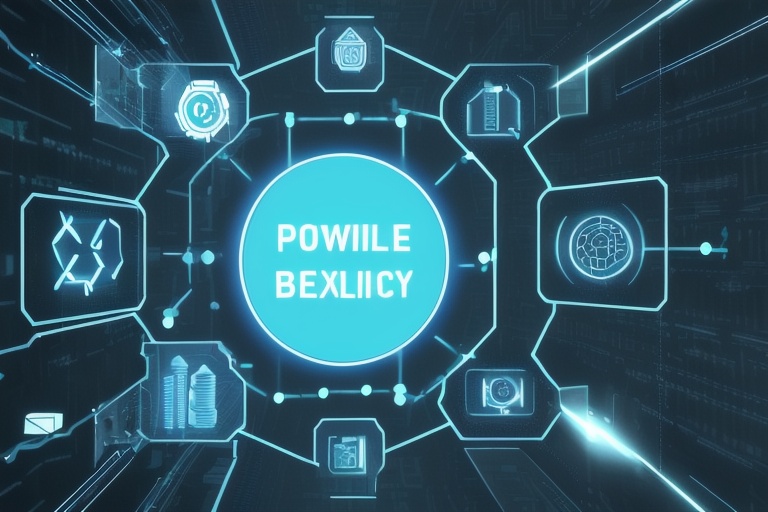Artificial intelligence, or AI, represents a groundbreaking technology that powers the smart devices we use daily. Devices like Alexa and Siri respond to voice commands, self-driving cars navigate city streets, and streaming services like Netflix recommend movies tailored to your tastes—all of these modern conveniences are driven by AI. Simply put, AI grants computers the capacity to process information, make decisions, and learn, much like humans do. What's fascinating is that AI's influence extends far beyond these visible innovations, subtly integrating into diverse aspects of our lives.
Artificial intelligence, or AI, represents a groundbreaking technology that powers the smart devices we use daily. Devices like Alexa and Siri respond to voice commands, self-driving cars navigate city streets, and streaming services like Netflix recommend movies tailored to your tastes—all of these modern conveniences are driven by AI. Simply put, AI grants computers the capacity to process information, make decisions, and learn, much like humans do. What's fascinating is that AI's influence extends far beyond these visible innovations, subtly integrating into diverse aspects of our lives.
The Ubiquity of AI
Whether it's AI-powered chatbots on websites providing swift customer service or algorithms in search engines refining search accuracy, AI surrounds us. This technology's seamless integration into our daily routines often goes unnoticed, yet its impact remains significant. For instance, healthcare has seen advancements through AI with tools aiding in diagnosis and treatment plans, and space exploration relies on AI models to discover new celestial bodies. Our reliance on these intelligent systems underscores the need for AI literacy across all sectors.
AI in Education: Preparing for the Future
Recognizing the pervasive nature of AI, it becomes clear why understanding this technology is essential, especially for the younger generation. As AI technologies evolve, their applications will spread across every industry imaginable. The job market of the future will not only favor but may require a fluency in AI, irrespective of one's chosen career path. From the arts to science, teaching or entrepreneurship, AI's imprint on professional landscapes is inevitable.
Programs such as those offered by Inspirit AI play a pivotal role in familiarizing students with AI concepts and hands-on experiences. Led by expert instructors who rely on AI in their own cutting-edge work, these educational efforts aim to demystify AI, making it accessible and relatable for high school students eager to explore tech trends.
AI for Social Good
But the importance of AI goes beyond professional applications; it's about understanding how to leverage technology for societal benefit. Grasping the principles of AI empowers kids to employ these tools in addressing global challenges, from climate change to healthcare and beyond. It's not merely about training future workers; it's about nurturing problem solvers and innovators who can use AI to transform the world for the better.
Getting Started with AI
To embark on the journey into AI, students can take several practical steps to engage with this exciting field. First, there are interactive online resources like Google's Teachable Machine and Quick Draw that offer an experiential introduction to AI while contributing to broader research efforts.
Learning to code is a foundational skill for delving deeper into AI. Tools such as Scratch provide an entry point with block-based programming, making the concepts of computer science and programming accessible even at a young age. For a more comprehensive dive, AI camps and programs offer immersive experiences where participants can code, create, and collaborate on AI projects.
Conclusion: Embracing AI's Potential
To sum up, AI is not just a technological trend—it's a key component of our future. For children and teens, gaining an understanding of AI equips them with the knowledge and skills necessary to thrive in a world where AI will be a central part of every industry. More importantly, it empowers them to use technology not just as consumers but as creators, thinkers, and agents of change. It's clear that those who begin their AI journey today are unlocking a future filled with opportunity and innovation.
In preparing today's youth for a future interwoven with AI, we must encourage curiosity and provide avenues for discovery and learning. By doing so, we are not only shaping a generation that is AI-aware but one that is prepared to lead and innovate in an AI-centric world.
Information for this article was gathered from the following source.




